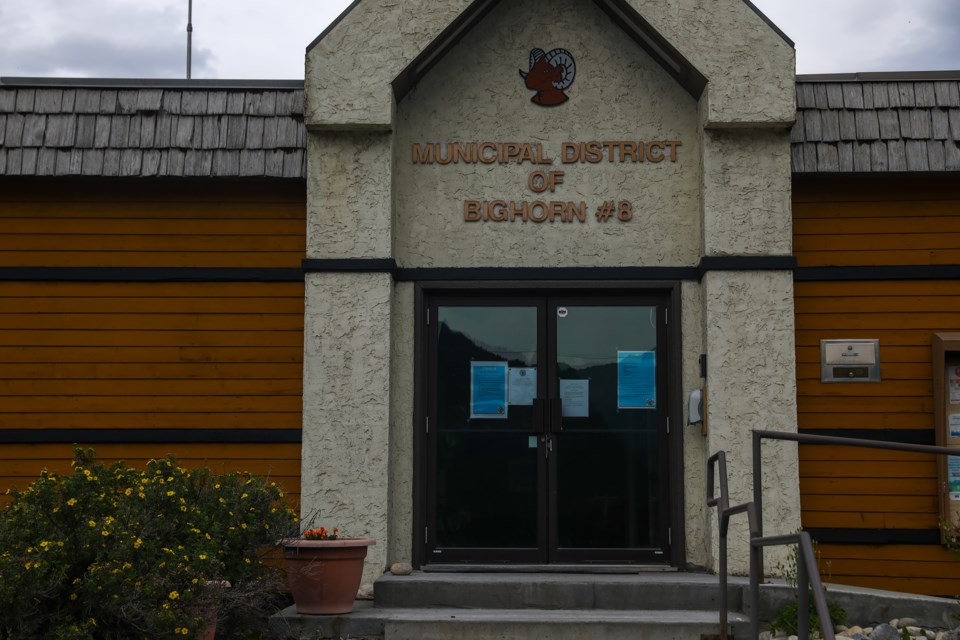MD OF BIGHORN – Ongoing parking concerns for visitor accommodations in the Municipal District of Bighorn could lead to a change in the number of stalls that need to be provided per unit.
MD of Bighorn staff will return to a future council meeting with options for potentially amending the land use bylaw to have more parking stalls required for future visitor accommodation developments.
The issue was raised by Bighorn Reeve Lisa Rosvold at the Jan. 11 council meeting, where she noted short-term accommodation units were shifting from one-bedroom units to two- and three-bedroom suites.
“The need for one parking stall per unit is correct if the unit is only accommodating up to four people, but if the unit is accommodating up to 10 people, then I do see there could be a need for further parking stalls being required,” she said, highlighting her concern was more about the definition of a visitor accommodation unit and how it should be examined when it comes to necessary parking per unit.
Under the municipality’s land use bylaw, all visitor accommodations have to provide one parking spot per unit.
MD staff returned with a staff memorandum giving a brief review of 18 different municipalities in Alberta and British Columbia to provide a larger picture of parking for visitor accommodation units.
It highlighted that visitor accommodation in the municipality’s land use bylaw is a “building or group of buildings containing rooms or units, which are used for temporary lodging.”
The land use bylaw also stipulates that a person can’t reside in a visitor accommodation unit for more than 75 days per year.
The memorandum noted visitor accommodation is allowed in areas zoned for highway commercial, commercial mixed-use and commercial in Harvie Heights, Dead Man’s Flats and Scott Lake.
Rosvold said not all of the municipalities compared in the memorandum were “apples to apples” since larger population centres such as Calgary and Edmonton have access to public transit and the definition of beds per room wasn’t clear.
Bighorn’s acting director of planning services Jenny Kasprowicz said a more comprehensive look at exact bylaws for other municipalities could be completed.
Coun. Joss Elford also highlighted how there has been a significant change in visitor accommodation in recent years.
The rise of Airbnb and people legally renting out property has drastically altered how people stay while on vacation as opposed to the more traditional method of a hotel.
“The world has changed for visitor accommodations just being a standard hotel room with two beds to Airbnb units where multiple families and multiple vehicles are coming,” said Elford.
“I’d say we’re outdated with ours because we do have one stall per unit since it was based on hotels and a different mode of travel. Now lots of people share Airbnb’s and come in multiple vehicles. It’d be interesting to know how new those other policies are as well.”
Depending on the path council proceeds, any change wouldn’t be prior to the spring.
When brought forward, and if accepted by council, a land use bylaw amendment would have to be made. The process of three readings and a public hearing would take about four months to complete, but not including staff time.
All current development applications would go through the existing land use bylaw, but if a change were approved by council, future development applications would go through the updated one.
“We’re always going to have an application in queue because of the nature of development,” Kasprowicz said.




